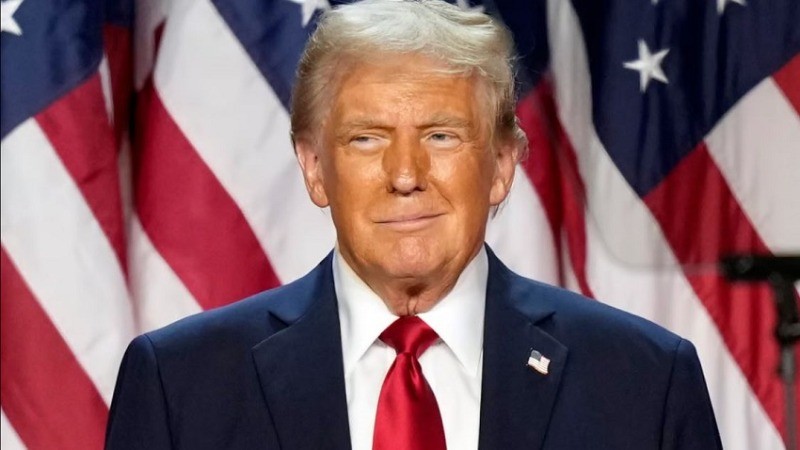
During his re-election campaign, Donald Trump promised to rid the military of what he called "woke" generals. Now, as president-elect, the question arises: how far will he go in his second term to reshape the U.S. military?
Trump's views on military leadership are expected to grow even more severe in his second term, particularly after facing resistance from the Pentagon on issues like NATO and the deployment of troops to control protests. His former generals and defense secretaries have been some of his harshest critics, with some labeling him a fascist and unfit for office. In response, Trump has even suggested that former Chairman of the Joint Chiefs of Staff, Mark Milley, could face execution for treason.
Current and former officials predict that loyalty will be Trump's top priority, with a focus on removing military officers and civilian workers in the Pentagon whom he perceives as disloyal. Jack Reed, the Democratic leader of the Senate Armed Services Committee, warned that Trump may go so far as to "destroy the Department of Defense" and dismiss generals who stand up for the Constitution.
Culture wars, such as the issue of "woke" policies, could drive the firings. Trump was asked in June if he would remove generals described as "woke"—a term conservatives use to criticize military leaders focused on racial and social justice. Trump responded, "I would fire them. You can’t have (a) woke military."
Some officials fear that General C.Q. Brown, the current chairman of the Joint Chiefs of Staff and a respected former fighter pilot, could be one of the targets. Brown, who is black, has been an advocate for diversity within the military and spoke out on discrimination following the killing of George Floyd. He has also remained apolitical in his role.
Trump's vice president-elect, J.D. Vance, has criticized the Pentagon for resisting Trump's directives and has suggested that disobedient government officials should be removed. Vance has also supported Trump's push to restore the name of a Confederate general to a U.S. military base, reversing a change made after Floyd’s death.
One of Trump’s most significant campaign messages was against transgender troops. He had previously banned transgender service members and ran a campaign ad that framed them as weak, vowing to prevent a "woke military."
Trump’s transition team has not responded to requests for comment, but he has also expressed interest in using the U.S. military for a variety of domestic priorities. These include deploying troops to manage undocumented immigrants or suppress domestic unrest, proposals that worry military experts. They argue such actions could violate laws and tarnish the reputation of the U.S. military, which is still widely respected by the American public.
After Trump’s election win, outgoing Defense Secretary Lloyd Austin reassured the military that it would continue to obey "all lawful orders" from civilian leaders. However, some experts caution that Trump may try to interpret the law in ways that could lead to moral dilemmas for the troops, who may feel compelled to follow orders even if they are morally wrong.
Kori Schake of the American Enterprise Institute warns that a second Trump term could lead to widespread firings and policy chaos, as Trump pushes forward with controversial ideas.
Some military officials believe creating chaos within the Pentagon would only cause political backlash and undermine Trump’s goals. They suggest that military leaders are focused on national security and not politics, and they expect the military to adapt accordingly.
At the Pentagon, there is growing concern that Trump will target career civilian employees, especially as he seeks to replace them with allies who share his conservative views. Many of these employees have years of specialized experience and serve as part of the nearly 950,000 non-uniformed staff in the U.S. military.
Trump has previously expressed a desire to reduce the federal workforce across all sectors. During his first term, some of his more controversial ideas, such as launching missiles into Mexico to destroy drug labs, were blocked by Pentagon officials. The fear now is that Trump may push these policies even further, potentially harming the Pentagon’s effectiveness and leadership.